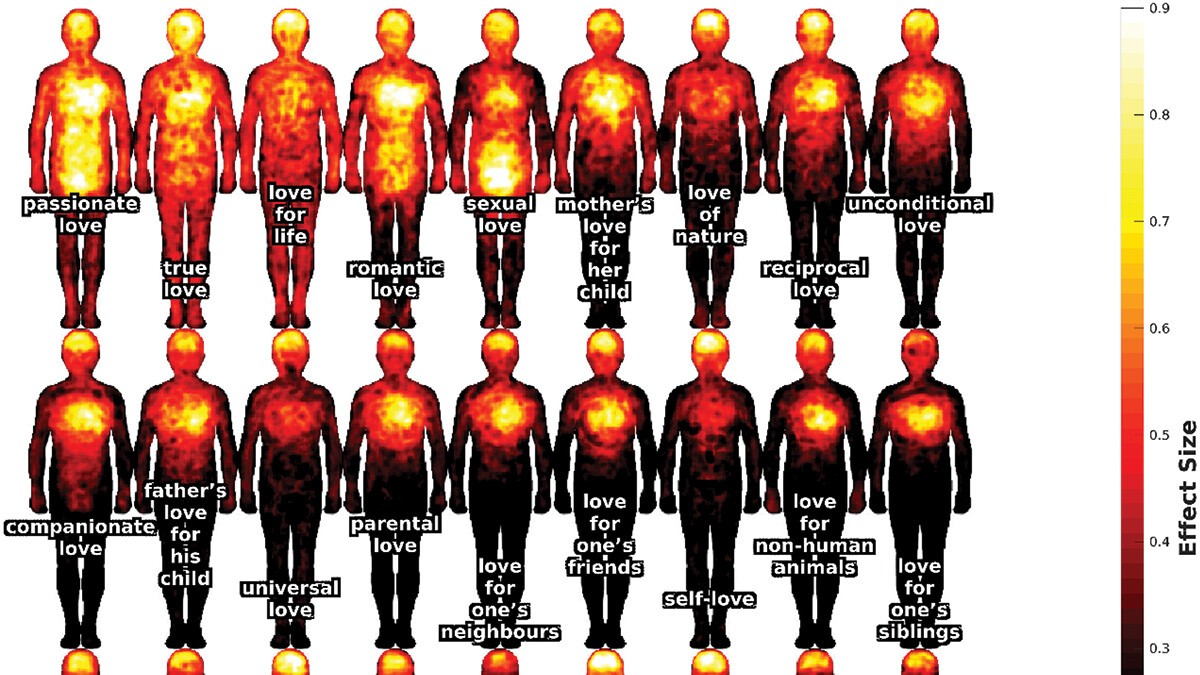Are You in Love or Lust? The Secret Lies Within Your Eyes.

What’s the Latest?
Burt Bacharach was right; the look of love is in your eyes. A new study validates all the avuncular advice you were given about love and lust, specifically how the way someone looks at you can reveal their romantic (or not-so-romantic) intentions. From Science Daily:
“The new study found that eye patterns concentrate on a stranger’s face if the viewer sees that person as a potential partner in romantic love, but the viewer gazes more at the other person’s body if he or she is feeling sexual desire. That automatic judgment can occur in as little as half a second, producing different gaze patterns.”
What’s the Big Idea?
The study, co-authored by researchers at the Universities of Chicago and Geneva, seeks to augment our current understanding of how the brain reacts to feelings of love and lust. Their experiments dealt with tracking eye movements to see if patterns could be found with regard to whether subjects exhibited feelings of romantic love or sexual desire when looking through photographs of attractive people. As mentioned above, feelings of love were associated with eyes fixated on faces; feelings of lust with eyes scoping out a body. The results were the same with both male and female test subjects. Researchers also found that the two types of feelings — romantic love and sexual desire — took the same amount of time to register. At an impulsive level, lust is neither quicker nor slower than love.
The researchers believe these findings will contribute to new treatments in psychiatry and couples therapy. For now, they can help guide us regular folks in our everyday lives (even if the “eye test” feels like common sense).
Simply put: if you find yourself having to tell a stranger “my eyes are up here, buster,” chances are they’re not looking to marry you any time soon.
Here’s a link to the study, published in Psychological Science.
Read more at Science Daily
Photo credit: Everett Collection / Shutterstock




